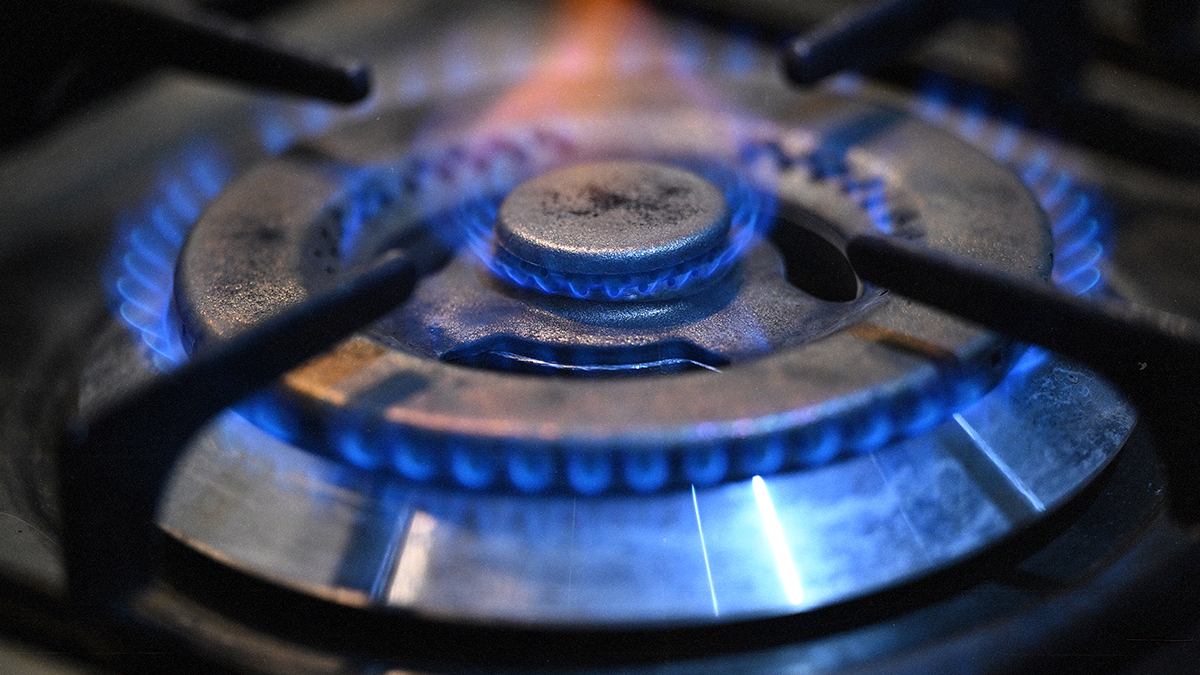June 16, 2022
The global energy market has been volatile for months, but things got particularly dicey this week after Russia slashed natural gas supplies to Europe via the undersea Nord Stream pipeline. Moscow cut gas supplies to Germany by a whopping 60%, to Slovakia by 30%, and to Italy by 15%.
Russia’s state energy company Gazprom says the move, which sent Benchmark European gas prices soaring 24% on Wednesday, was a result of “technical issues,” but no one’s buying that excuse. Curiously, the gas shortfall came just as the French, German, Italian and Romanian heads of state touched down in Kyiv for a showy solidarity tour led by Ukrainian President Volodymyr Zelensky. (They went on to announce that they will support Ukraine’s EU candidacy.)
Simply put: the Germans are very jittery. In a desperate Twitter appeal, Deputy Chancellor Robert Habeck told Germans that the situation is “serious” and called on them to conserve energy wherever possible. Indeed, as Russia doubles down on its strategy of using energy exports as a weapon of war, there’s growing fear in Brussels that European states will be unable to find natural-gas alternatives to avoid a full-blown energy crisis next winter.
However, Europeans aren’t the only ones feeling the squeeze of a tight energy market. Australia, for its part, is also facing a massive pinch due to overlapping factors, including recent floods, planned maintenance at several plants, and global price pressures squeezing coal operators (around 75% of electricity Down Under is coal-powered). Coal prices have been soaring along with other commodities as the Ukraine war rages on, prompting the government of New South Wales to urge its 8 million residents to turn off the lights between 6-8pm.
Meanwhile, emerging market economies like Sri Lanka and Pakistan are also facing severe energy crises as a result of poor governance, reliance on shady Chinese loans, supply chain chaos, and the war in Ukraine. The combination of these factors continues to fuel sky-high inflation, rolling blackouts and … much misery.This comes to you from the Signal newsletter team of GZERO Media. Subscribe for your free daily Signal today.
More For You
Tune in on Saturday, February 14th at 12pm ET/6pm CET for the live premiere of our Global Stage from the 2026 Munich Security Conference, where our panel of experts takes aim at the latest global security challenges.
Most Popular
- YouTube
In this Quick Take, Ian Bremmer weighs in on the politicization of the Olympics after comments by Team USA freestyle skier Hunter Hess sparked backlash about patriotism and national representation.
British Prime Minister Keir Starmer delivers a speech at Horntye Park Sports Complex in St Leonards, Britain, February 05, 2026.
Peter Nicholls/Pool via REUTERS
In July 2024, Keir Starmer won the United Kingdom’s election in a landslide. It has been downhill ever since, with Starmer’s premiership sullied by economic stagnation, intraparty fighting, and a lack of vision for the country.
© 2025 GZERO Media. All Rights Reserved | A Eurasia Group media company.
